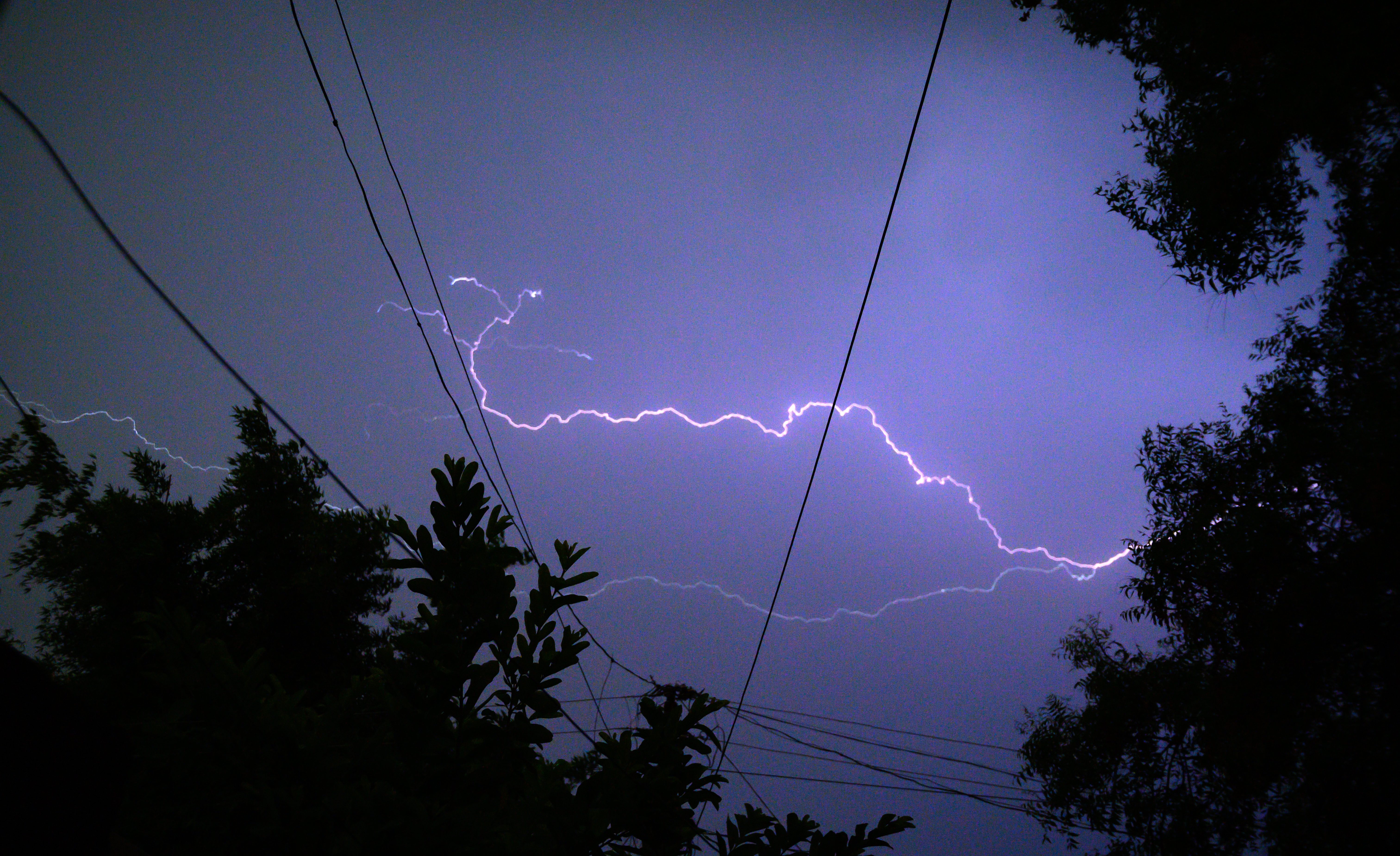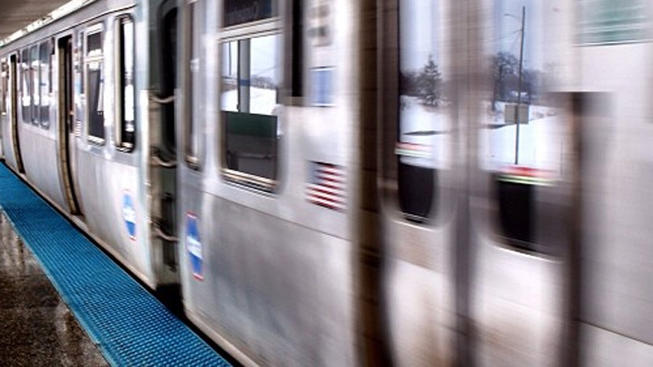The City of Chicago says it is done with its near decade-long adventure with Big Bellies, the solar-powered compacting garbage cans which dot the Loop and Magnificent Mile.
But Big Belly’s parent company says it’s not done with Chicago, and is making a hard push to convince City Hall to give their robotic trash cans another look.
The units cost millions when they were first installed nine years ago. Earlier this year, NBC 5 Investigates revealed that the vast majority of the city’s 350 Big Bellies were neglected and not even connected----defeating their high-tech systems which compress trash and notify the city’s Department of Streets and Sanitation when they need to be emptied.
Some even had no batteries, which the sun is supposed to charge.
At the time, Chicago officials refused a request for an interview. But after an open-records request revealed a litany of Streets and San complaints, City Hall relented and allowed commissioner Charles Williams to speak.
So, why are the majority of Big Bellies disconnected?
“It takes a large amount of our laborers time to service them and maintain them and they’re very expensive,” Williams said. “What we’re doing right now is keeping those working that we can, but we’re slowly phasing them out, and we’ll be replacing them with a new receptacle.”
Local
A review of hundreds of Streets and San e-mails reveals complaints about freezing locks, balky software and undependable compactors. There were comments about rats chewing the wiring and poor performance during Chicago’s severe winters.
Plus, city officials said they became frustrated that while trash was compacted, a companion receptacle for recycling did not have the same technology.
“The handles get dirty, no one wants to touch the handle, consequently everything goes on the recycling side,” Williams said. “If we went by the one side that you received information from, the recycling container could be overflowing on the sidewalk.”
As a result, Williams said, crews very quickly began emptying both sides at the same time, defeating the need for compacting the trash.
“The repairs that we have to do to keep them going was very time consuming, very labor intensive,” he said. “We worked with them, and we learned from them.”
Plus, he complained that the batteries wear out every three to five years, and are costly to replace.
Williams acknowledged Big Belly had improved and updated the first-generation models Chicago bought. But he said it would cost at least $3 million to update the city’s armada of rusting refuse robots.
“To upgrade ours would have been very expensive,” he said. “We chose not to.”
But Big Belly is not taking the news lying down.
“Big Belly has deployed our system at scale throughout the world,” Vice-President Leila Dillon told NBC 5 Investigates. “Our very happy and satisfied customers include some of the world’s largest cities, such as New York City, Los Angeles, London, Stockholm, Boston and, as reported by NBC News, numerous customers in Chicago.”
Indeed, Dillon said the University of Illinois at Chicago, which already had ten Big Bellies, just ordered 50 more. She notes that the newest versions of the machines have foot pedals, alleviating the need for anyone to open the hoppers with their hands. They compact both trash and recyclables. And some even generate signals creating wi-fi hotspots.
“It should be noted that Big Belly has delivered a proposal to subsidize the cost of a new system while taking on the ownership of maintenance,” she said of the company’s deal with Chicago. “We have given the city proposals and options that can put a new Smart Waste system on the ground at cost neutral, or potentially even be revenue producing.”
Dillon said Big Belly has never had a client turn back from smart units cans to “dumb” trash cans which merely collect refuse. And she said they remain anxious to re-engage with the city to update the Big Belly fleet.
But Williams indicated he’s not interested in pursuing a Big Belly future.
“You try something new---if it works for you great, then you look for that next better product,” he said. “That’s what we’re doing right now. We’re looking for that next better product.”



